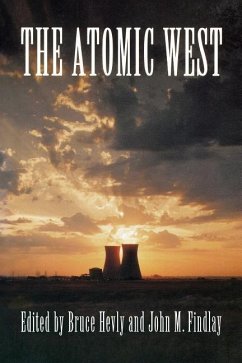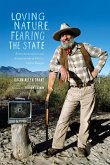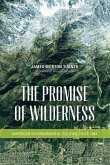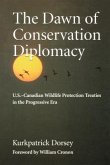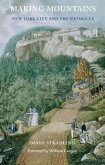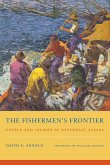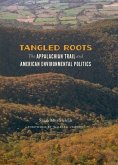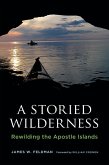THE MANHATTAN PROJECT -- the World War II race to produce an atomic bomb -- transformed the entire country in myriad ways, but it did not affect each region equally. Acting on an enduring perception of the American West as an "empty" place, the U.S. government located a disproportionate number of nuclear facilities -- particularly the ones most likely to spread pollution -- in western states. The Manhattan Project manufactured plutonium at Hanford, Washington; designed and assembled bombs at Los Alamos, New Mexico; and detonated the world's first atomic bomb at Alamagordo, New Mexico, on July 16, 1945. In the years that followed the war, the U.S. Atomic Energy Commission continued to select western sites for its work. The Atomic West brings together contributions from several disciplines to explore the impact on the West of the development of atomic power from wartime secrecy and initial post-war enthusiasm to public doubts and protest in the 1970s and 1980s. An impressive example of the benefits of inter-disciplinary studies on complex topics, The Atomic West advances our understanding of both regional history and the history of science, and does so with human communities as a significant focal point.
Hinweis: Dieser Artikel kann nur an eine deutsche Lieferadresse ausgeliefert werden.
Hinweis: Dieser Artikel kann nur an eine deutsche Lieferadresse ausgeliefert werden.

